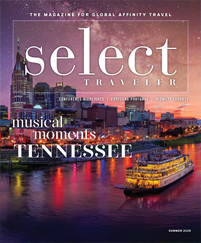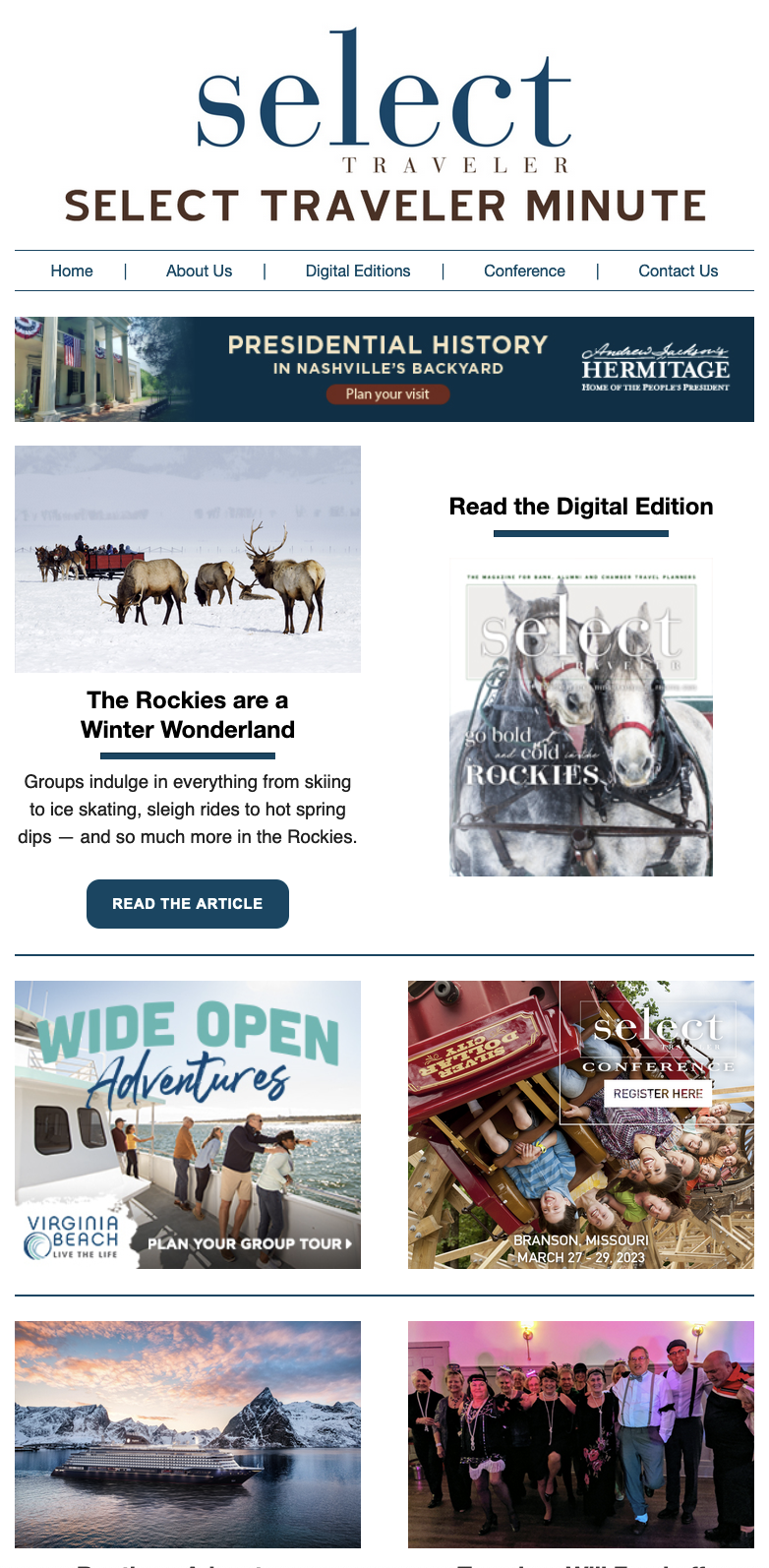W hen you’re traveling, group meals consist of camaraderie, delicious cuisine and cultural experiences that are supplemented by opportunities for snacks, nightcaps and sweet treats. Food is considered a key component of group travel, just as it is in life. But for travelers with dietary restrictions, group mealtimes can be uncomfortable. In fact, they can even be a big reason people skip out on group travel.
Allergies, intolerances, religious restrictions, health requirements, ethical choices and simple preference can all be reasons behind dietary restrictions. Chances are you know at least one person who eats differently because of one of these factors. But without some preparation, group leaders risk falling short of accommodating these travelers and letting them go hungry — which isn’t what anyone wants.
To open up the world of group travel, check out these tips for making your trips accessible to those with special dietary requirements.
Do Your Research
After you ask trip attendees about their dietary restrictions, educate yourself about their answers. For example, you may have to learn the difference between vegetarian and vegan, what constitutes keeping Kosher, or the difference between a gluten intolerance and celiac disease. Being knowledgeable helps you accommodate these travelers and advocate for them at mealtimes. Researching restaurants at your destination that can accommodate their needs may reduce stress at mealtimes and ensure proper precautions can be taken for allergies or intolerances.
Give Chefs Advance Notice
Sometimes, especially in the case of a buffet or a catered meal, the menu won’t have suitable options for your travelers with dietary restrictions. However, if you call the restaurant or caterer in advance and inform them about your traveler’s dietary restrictions, they will usually be able to come up with a tasty alternative. Following up with them a few days before your group meal, and again at mealtimes, will ensure there are no surprises.
Pack inclusive Snacks
If your group will be spending lots of time in a motorcoach, it’s important to equip it with snacks everyone can eat. This may seem tricky, but you’ll find that a lot of popular snacks may already fit the bill. Many brands of chips, crackers and cookies offer popular options that are accidentally vegan or gluten-free. A quick scan of the ingredients list or a Google search can help you identify tasty and crowd-pleasing options.
Help Your Travelers Prepare
Preparation is always helpful, but it can be crucial in the case of food-related medical restrictions, which may have dire (or at least unpleasant) consequences if not followed. Ensure your travelers pack medication, such as an EpiPen, in case of accidental food contamination. If you’re taking a group to another country, it may be helpful to print cards explaining your traveler’s dietary restriction translated into the native language. If you’ll be traveling to an area where a certain dietary restriction is unlikely to be easily accommodated, let your traveler know, so they can bring back-up food or snacks.
Create a Positive Atmosphere
If you want your group trip to feel welcoming for all, it’s important to make sure your travelers don’t feel awkward or isolated at mealtimes. You can set a good example for everyone in your group by having a positive and inclusive attitude toward the traveler with dietary restrictions. This may mean being respectful of their food choices and avoiding criticizing or calling extra attention to their meals. Some cultures may not understand certain dietary restrictions, so letting trip hosts know in advance may keep them from wondering why a certain traveler is opting out from eating certain things and minimize any awkwardness.









